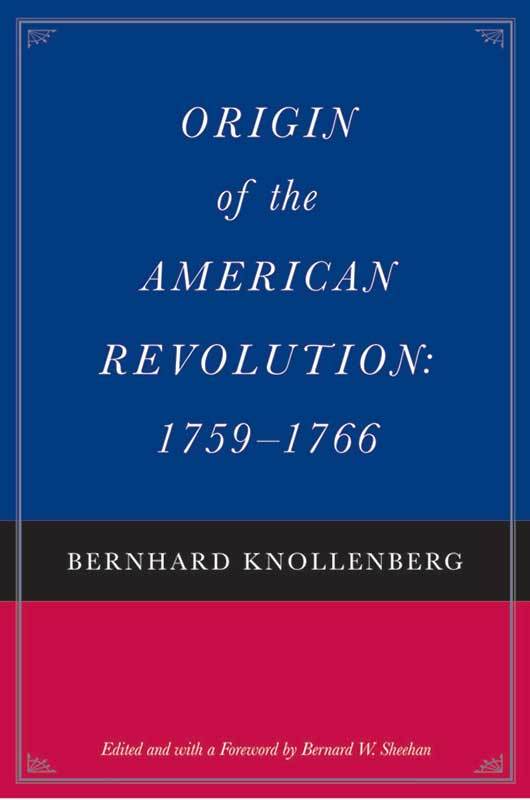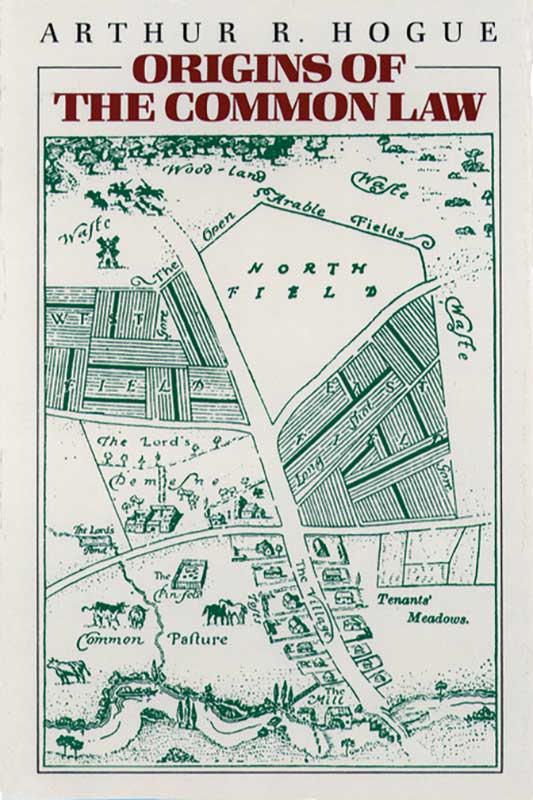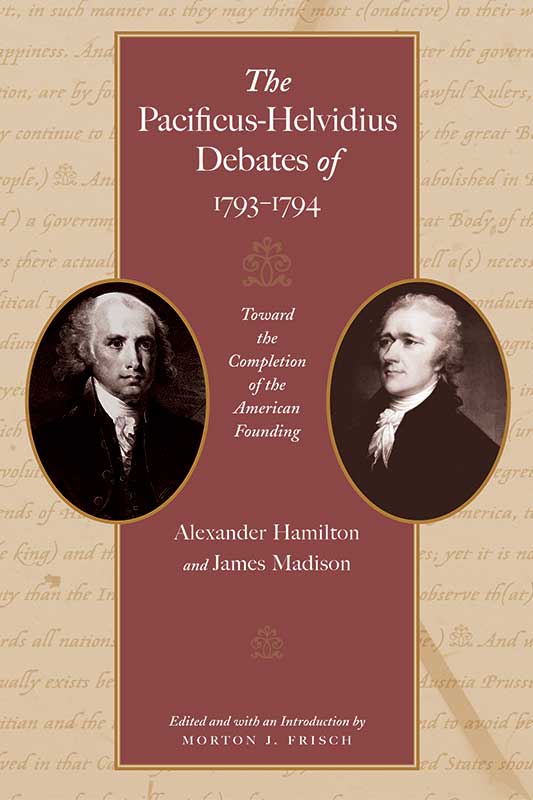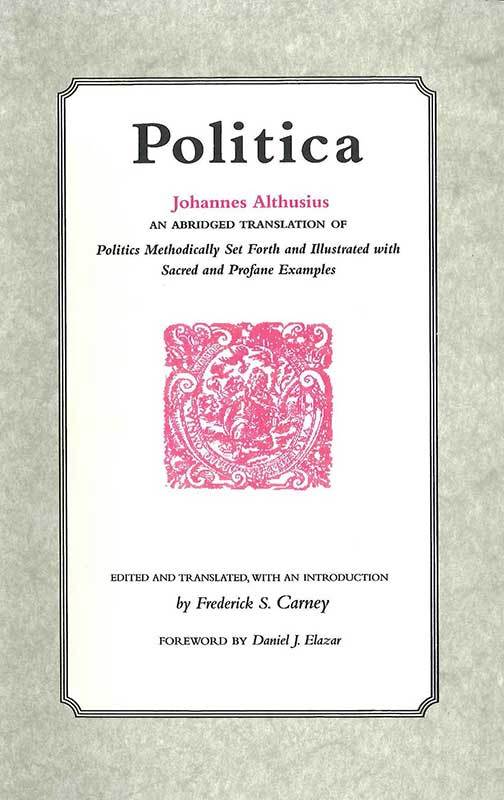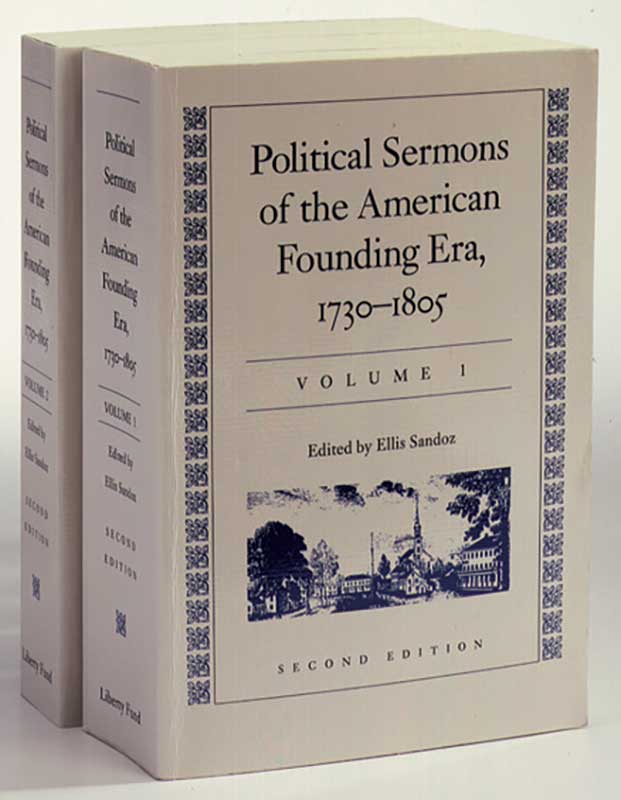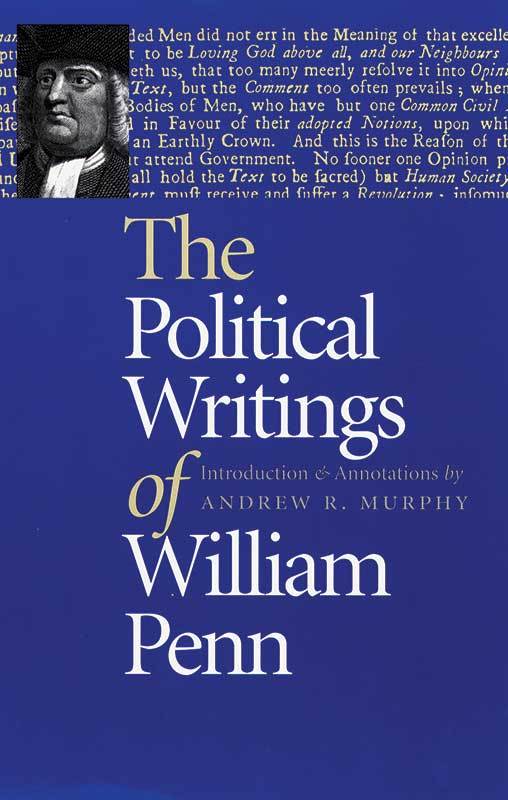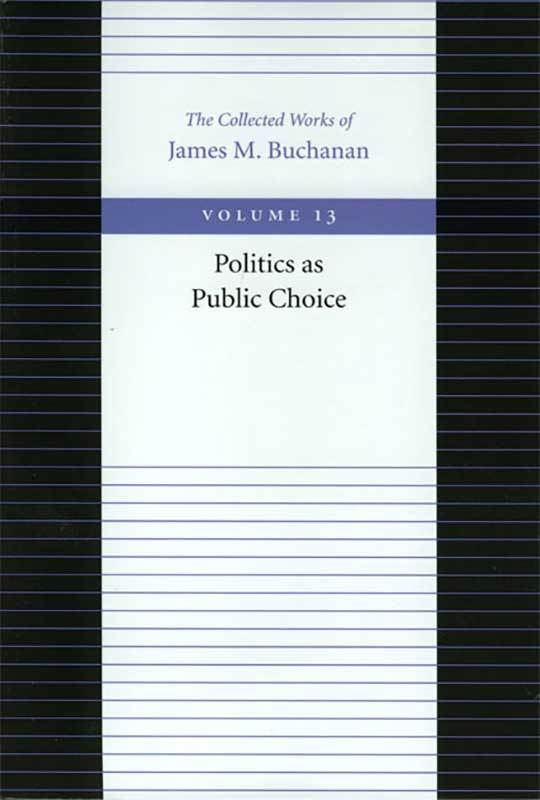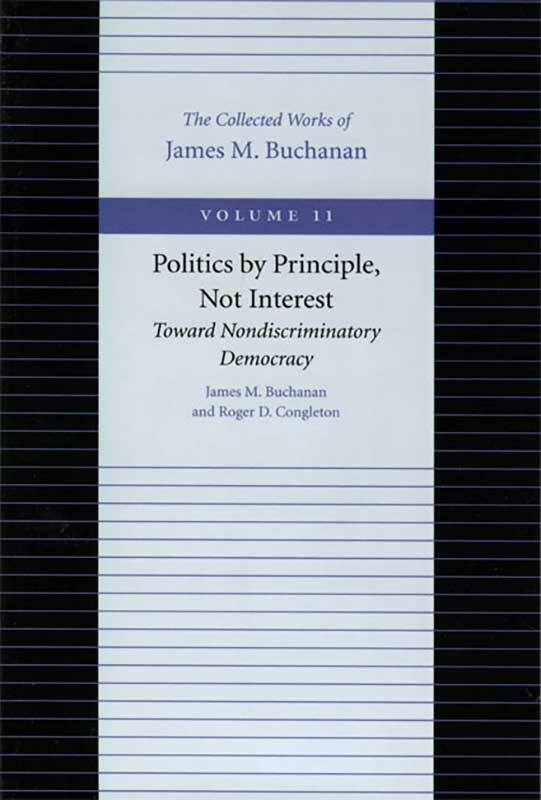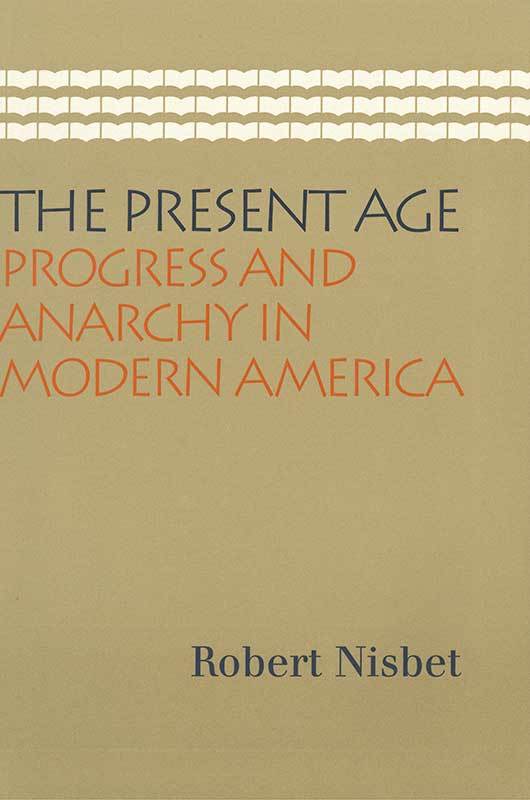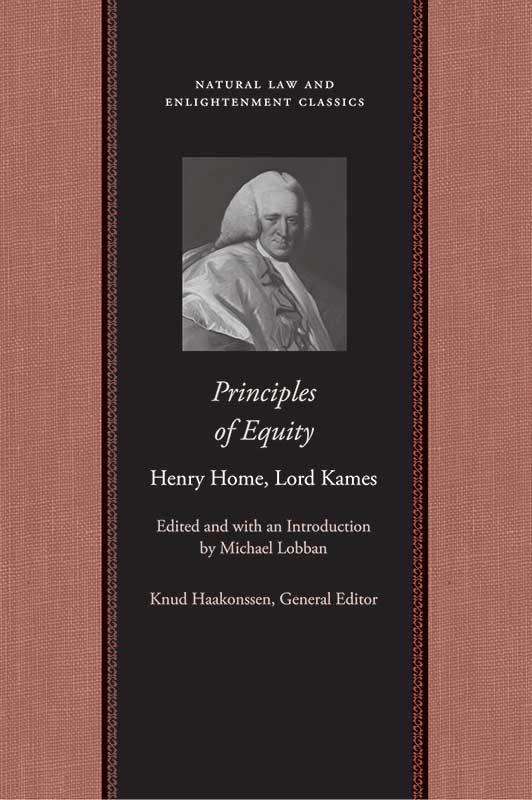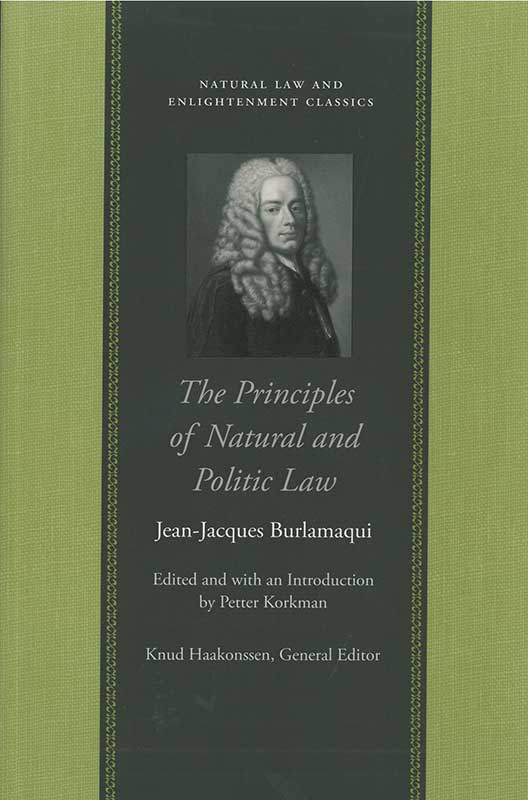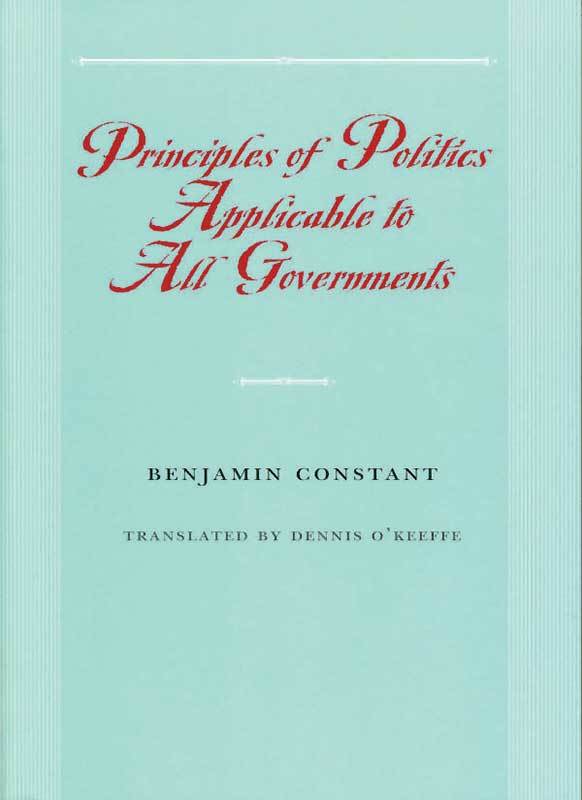For Students
-
Origin of the American Revolution: 1759-1766
by Bernhard Knollenberg
/ Learn MoreOrigin of the American Revolution is the first of Bernhard Knollenberg’s two-part history concerning the basis of the conflict between England and its North American colonies from 1759 to 1766. This compact narrative history, written more than a generation ago, has been widely unavailable, until now. Liberty Fund has made this rich historical treasure available once again to an eager…
-
Origins of the Common Law
by Arthur R. Hogue
/ Learn MoreThis introductory analysis of the origin and early development of the English common law provides an excellent grounding for the beginning student as well as the experienced scholar of legal history. Arthur R. Hogue (1906–1986) was Professor of History at Indiana University.
-
The Pacificus-Helvidius Debates of 1793?1794
by Alexander Hamilton and James Madison
/ Learn MoreThe Pacificus-Helvidius Debates of 1793–1794 matched Hamilton and Madison in the first chapter of an enduring discussion about the proper roles of executive and legislative branches in the conduct of American foreign policy. Ignited by President Washington’s Neutrality Proclamation of 1793, which annulled the eleventh article of America’s treaty with France of 1778, the debate addressed whether Washington had the…
-
Politica
by Johannes Althusius
/ Learn MoreDrawing deeply from Aristotle and biblical teaching, Politica presents a unique vision of the commonwealth as a harmonious ordering of natural associations. According to Althusius, the purpose of the state is to protect and encourage social life. The family is the most natural of human associations, and all other unions derive from it. Power and authority properly grow from more…
-
Political Sermons of the American Founding Era: 1730-1805
by Ellis Sandoz
/ Learn MoreThe early political culture of the American republic was so deeply influenced by the religious consciousness of the New England preachers that it was often through the political sermon that the political rhetoric of the period was formed, refined, and transmitted. Political sermons such as the fifty-five collected in this work are unique to America, in both kind and significance.
-
The Political Writings of William Penn
by William Penn
/ Learn MoreWilliam Penn (1644–1718) played a crucial role in the articulation of religious liberty as a philosophical and political value during the second half of the seventeenth century and as a core element of the classical liberal tradition in general. Penn was not only one of the most vocal spokesmen for liberty of conscience in Restoration England, but he also oversaw…
-
Politics as Public Choice
by James M. Buchanan
/ Learn MoreThis volume presents a collection of thirty-four essays and shorter works by James M. Buchanan that represent the brilliance of his founding work on public-choice theory. The work of James M. Buchanan is perhaps most often associated with his helping to found public-choice theory. Buchanan’s book-length works such as The Calculus of Consent or The Reason of Rules (Volumes 3…
-
Politics by Principle, Not Interest
by James M. Buchanan and Roger D. Congleton
/ Learn More“Politics by principle is that which modern politics is not. What we observe is ‘politics by interest,’ whether in the form of explicitly discriminatory treatment (rewarding or punishing) of particular groupings of citizens or of some elitist-dirigiste classification of citizens into the deserving or non-deserving on the basis of a presumed superior wisdom about what is really ‘good’ for us…
-
The Present Age
by Robert Nisbet
/ Learn MoreThe Present Age challenges readers to reexamine the role of the United States in the world since World War I. Nisbet criticizes Americans for isolationism at home and discusses the gutting of educational standards, the decay of education, the presence of government in all facets of life, the diminished connection to community, and the prominence of economic arrangements driving everyday…
-
Principles of Equity
by Henry Home, Lord Kames
/ Learn MoreHenry Home, Lord Kames, was the complete “Enlightenment man,” concerned with the full spectrum of human knowledge and its social use. However, as a lawyer and, after 1752, as a judge on the Court of Session in Edinburgh, he made many of his most distinctive contributions through his works on the nature of law and legal development. Principles of Equity,…
-
The Principles of Natural and Politic Law
by Jean-Jacques Burlamaqui
/ Learn MoreBorn in 1694, Jean-Jacques Burlamaqui helped transform the modern tradition of natural law and convey it to new generations. Jean-Jacques Burlamaqui (1694–1748) was a Swiss jurist. Petter Korkman is a Fellow at the Helsinki Collegium for Advanced Studies and is a Postdoctoral Researcher in Philosophy at the Academy of Finland.
-
Principles of Politics Applicable to All Governments
by Benjamin Constant
/ Learn MoreIn Principles of Politics, first published in 1815, Constant explores the subjects of law, sovereignty, and representation; power and accountability; government, property, and taxation; wealth and poverty; war, peace, and the maintenance of public order; and freedom, of the individual, of the press, and of religion. Benjamin Constant (1767–1830), born in Switzerland, became one of France’s leading writers, as well…
Promotions
Stayed tuned for future promotions!

